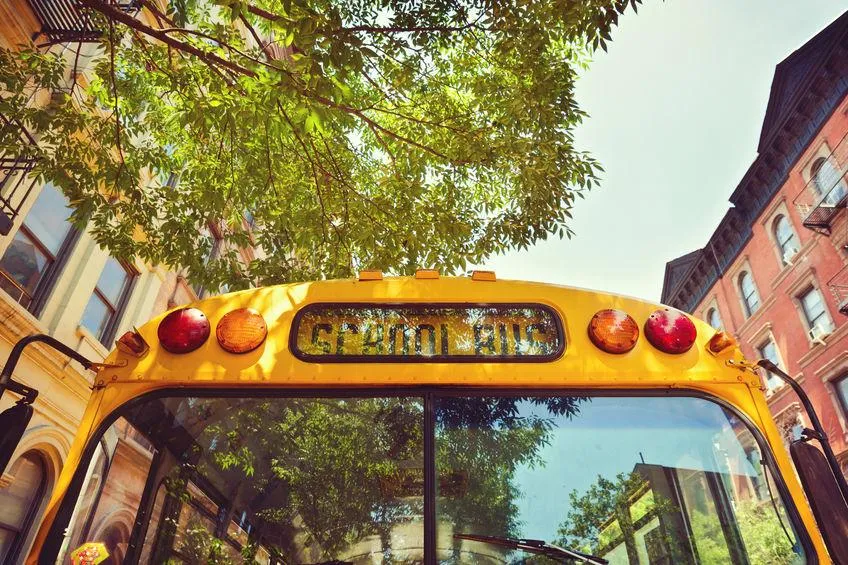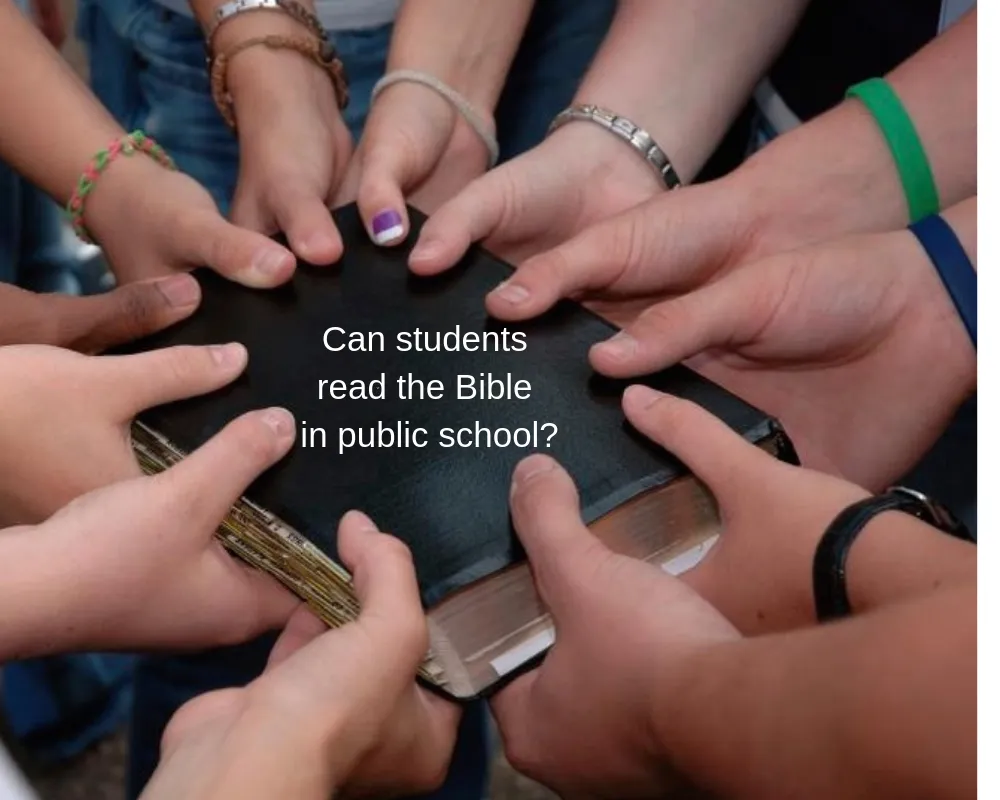

Bring Faith and Friendship to Your Local Public School

for:
👉 Moms & Dads
👉 Educators & school leaders
👉 Pastor & leaders
👉 Students
You can help your child and their friends grow in faith right at school.
Come and have lunch with your child and do a devotion at their lunch table;
We’ll guide you through every step, get it approved by the
principal, and send out invitations to the kids.
It’s completely legal, totally doable, and deeply needed.
(or if you prefer you can start a huddle/club after school.)
For Moms & Dads

For Educators & School Leaders

Build bridges with your local community—legally and respectfully.
We help schools connect with churches and Christian groups to support student well-being, character development, and family engagement.You can help your child and their friends grow in faith right at school.
Your local public school needs you.
Offer lunch huddles or after-school Bible clubs, mentor students, support teachers, or lead a character-building program.
We’ll help you partner effectively and legally.
For Pastors & Church Leaders

For Students

Start a Christian Club and Reach Your Friends.
Students have the legal right to meet for Bible study, prayer, and friendship.
We’ll show you how to promote your club and make an impact.
Build bridges with your local community; legally and respectfully.
✅ Legal and Supported
Faith-based huddles/clubs in public schools are protected by law and supported by:
U.S. Department of Education
Supreme Court rulings
National PTA
Even the ACLU
